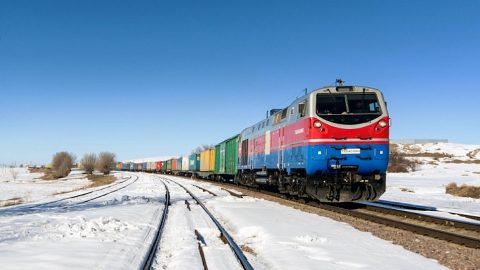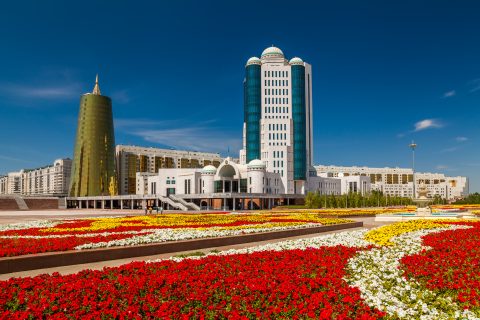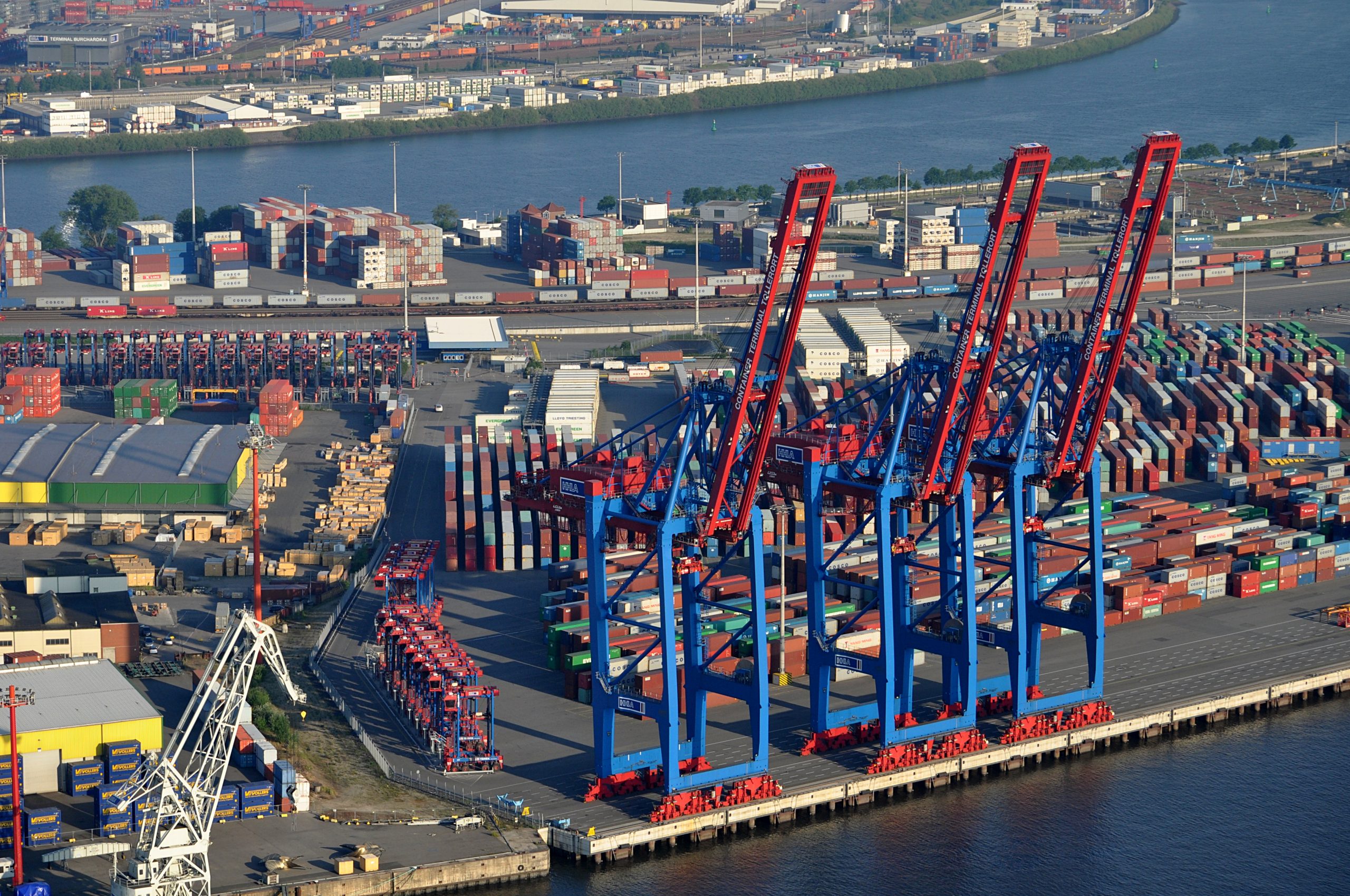RailFreight.com recently conducted its first end-of-year market survey, with dozens of industry players responding and providing their perspectives on how the sector did in 2023 and what to expect in 2024. When it comes to the New Silk Road (NSR), opinions differed, with the main positive aspects being the developments in the context of the Middle Corridor. On the other hand, the current geopolitical situation makes it quite challenging to find long-term stability.
A few participants pointed out that the Russian invasion of Ukraine and the consequent sanctions implemented by the European Union are having a significant impact on volumes. The northern route through Moscow is still considered by many as the backbone of the New Silk Road, but transport along this axis is restricted due to the war. Not being able to fully exploit this infrastructure often leads to customers choosing sea freight over rail. The transfer of customers from the rail to the shipping sector is also dictated by lower sea freight rates. However, things might change with the current situation in the Middle East and the recent attacks on ships by Houthi militants, which are forcing companies to look for transport alternatives. Because of all these factors, many respondents agreed that the focus should now be on the quality of services rather than the quantities of volumes moved.
Also read: RailFreight Market Survey: 2023 was not great, will 2024 be better?
‘China-EU relationships had an impact too’
Another reason for the volume decline along the NSR mentioned by some of the respondents is the relationship between China and Europe. One of the main impacts of the war in Ukraine is that China increased trade volumes with Russia while the ones with the EU decreased. Moreover, Italy recently pulled out of the Belt and Road Initiative. In addition, there were some developments concerning Chinese shipping giant COSCO in Germany. The company announced it would become a shareholder of a terminal in the port of Hamburg. The German government unsuccessfully tried to halt the initiative. Around the same time, the COSCO renounced its shares of a terminal in Duisburg. Its shares were picked up by PSA.
A positive year for the Middle Corridor
Despite the importance of the Northern line through Russia, there are alternative routes to connect Europe and Asia, one of them being the Middle Corridor. The project is not too close to being as efficient as the industry would like it to be, but 2023 saw some developments, as the participants also underlined. Kazakhstan has been quite active in investing in rail infrastructure along the Middle Corridor. For example, it is working on building a third rail border crossing to Uzbekistan and a third one to China as well. Moreover, this was the year of the establishment of the first Middle Corridor joint venture between Kazakhstan, Azerbaijan and Georgia. Finally, in November, a few EU countries expressed interest in becoming official members of the Trans-Caspian International Transport Route Association, which oversees the Middle Corridor.
Also read:
‘Trains along Silk Road halved in 2023’, says DB Cargo
‘The Middle Corridor can fulfil different but equally valuable roles’
Fesco to build a new terminal on Russia-China border


